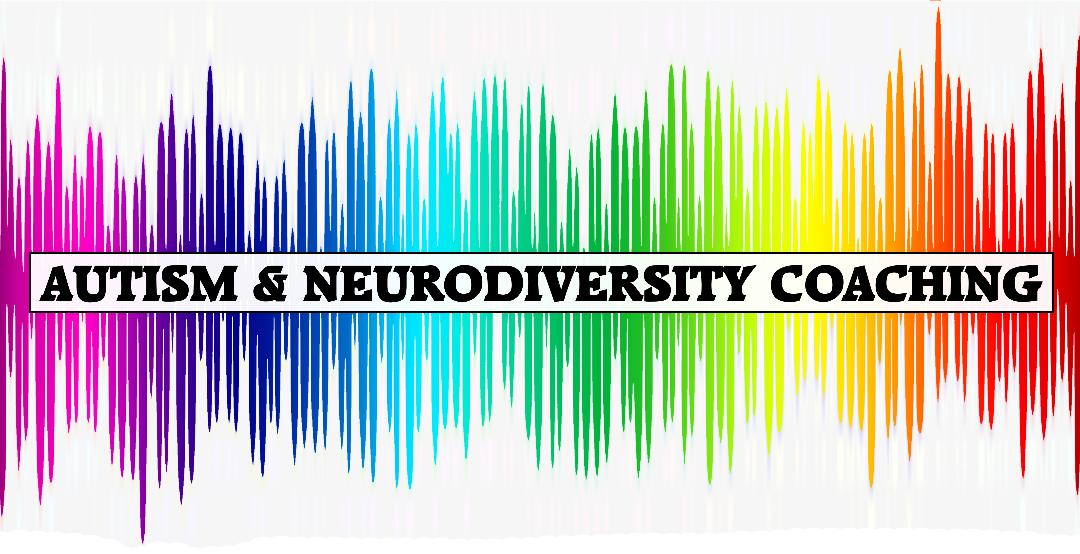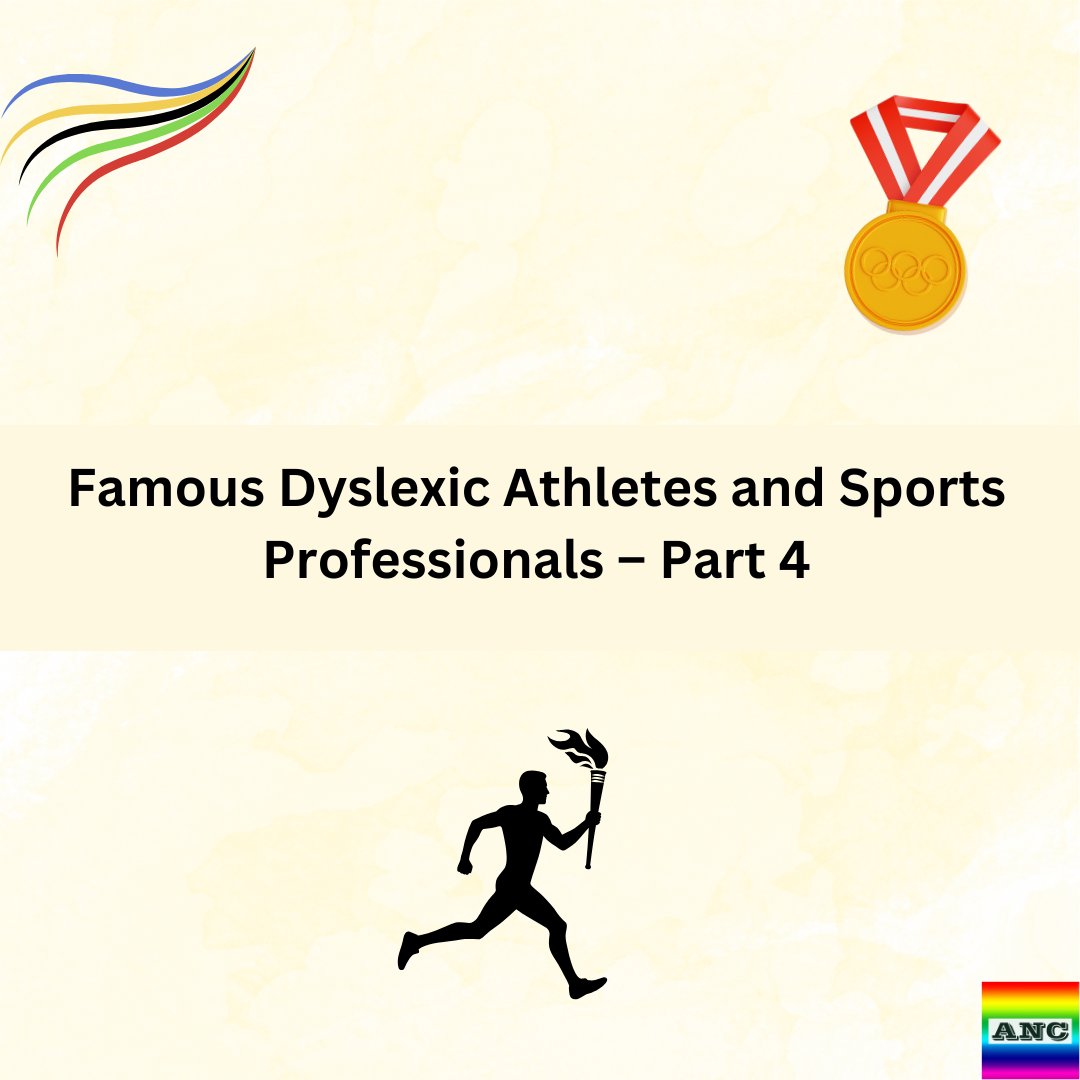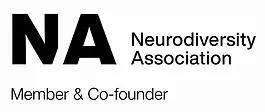Dyslexia's Unique Advantages in Sports - Part 1

When we think about dyslexia, most people associate it with learning difficulties, particularly related to reading and writing. However, recent research and real-world examples suggest that dyslexia can offer unique advantages, especially in the world of sports. Athletes with dyslexia are not only overcoming challenges but also excelling, thanks to the distinct ways their brains process information. Let’s dive into some of the advantages dyslexia can bring to the playing field.
Enhanced Spatial Awareness
One of the hallmark traits of dyslexia is heightened spatial awareness. This often allows athletes to perceive and interpret the environment in unique ways. Spatial awareness is the ability to understand where your body is in relation to other objects or people, which is crucial in sports.
In games like soccer, basketball, or rugby, athletes with dyslexia often excel in reading the field, positioning themselves effectively, and reacting quickly to changes in play. Their heightened sense of space enables them to anticipate movements and make strategic decisions that others might miss.
Improved Creativity and Problem-Solving
Dyslexic individuals are known for thinking outside the box. Because their brains process information differently, they tend to approach problems with unconventional solutions. This creativity is an asset in sports, where adaptability and thinking on your feet are vital for success.
In dynamic sports like tennis or fencing, where quick decision-making is key, athletes with dyslexia often come up with creative tactics to outmanoeuvre their opponents. Their unique way of thinking enables them to see opportunities others may overlook, turning a potential disadvantage into a winning strategy.
Resilience and Mental Toughness
Many athletes with dyslexia have faced challenges in academic settings, often requiring them to develop a strong sense of perseverance from a young age. This resilience naturally translates into their sports careers. The ability to push through adversity, learn from setbacks, and maintain focus in high-pressure situations are characteristics that athletes with dyslexia frequently possess in abundance.
In sports, mental toughness is just as important as physical ability. Athletes like Michael Phelps and Tim Tebow, both of whom have dyslexia, attribute their success in part to their determination and ability to overcome obstacles—traits that were honed through their experiences with dyslexia.











